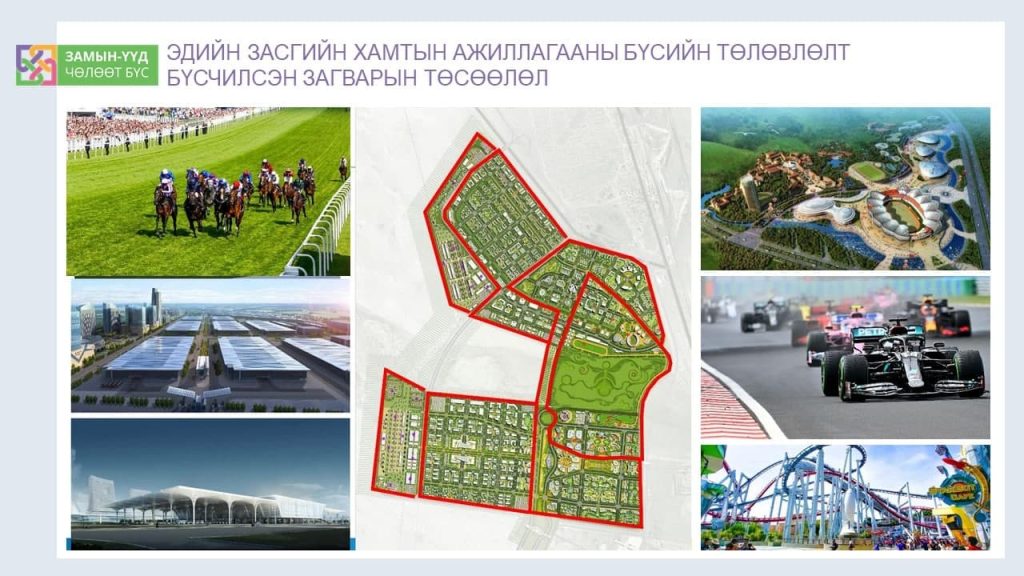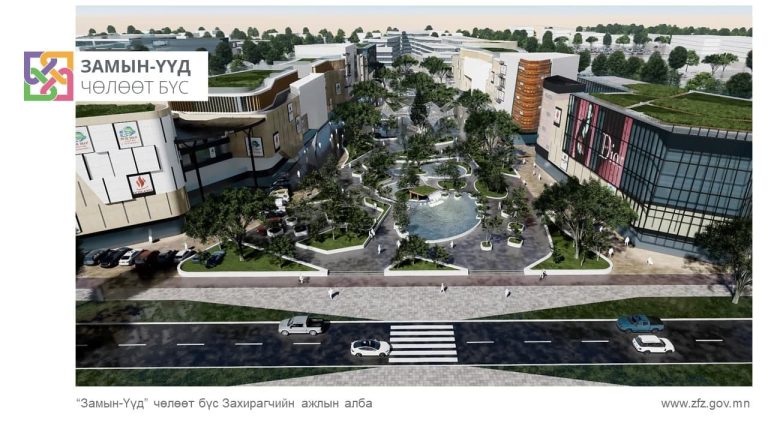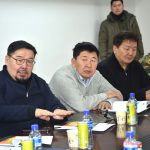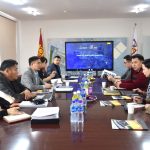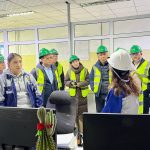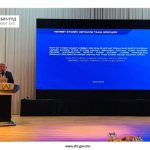Agreement between the Government of Mongolia and the Government of the People’s Republic of China on the Establishment of the Mongolia-China Zamiin-Uud and Erenhot Economic Cooperation Zones” was ratified on December 23, 2021, and came into force January 31, 2022.
The agreement provides for setting up the joint cooperation mechanism with three levels include; Joint Coordination Council, the Joint Executive Council, and the Joint Management Council to regulate the activities of the Cooperation Zones within the framework of the Intergovernmental Commission on Trade, Economic, Scientific and Technical cooperation of Mongolia and the People’s Republic of China
In order to implement this agreement and establish the above three councils to coordinate the activities of the cooperation zone, the draft resolution on “Some measures to be taken to implement the agreement” was discussed and approved at the regular Cabinet meeting today / March 9, 2022 /.
The Mongolian side of the Joint Coordination Council will be headed by B.Battsetseg, Minister of Foreign Affairs, and include the following members, these are B.Bat-Erdene, Minister of Nature, Environment and Tourism, Kh. Nyambaatar, Minister of Justice and Home Affairs, B.Javkhlan, Minister of Finance and Acting Minister of Economic Development; B.Munkhbaatar, Minister of Urban Development, L.Khaltar, Minister of Road and Transport Development, G.Yondon, Minister of Mining and Heavy Industry, and Z.Mendsaikhan, Minister of Food, Agriculture and Light Industry.
The main function of the council is to provide general guidance for the implementation of the Agreement and to cooperate with the Chinese side in creating a favorable investment and business environment. As a result, the management and organizational issues of the implementation of the agreement have been resolved, the management mechanism of the Zamiin-Uud and Erenhot Economic Cooperation Zones has been clarified, and conditions have been created for their operation.
With the establishment of the Mongolian Coordinating Council, preparations are underway to hold the first bilateral meeting. The first meeting will focus on coordinating the planning of bilateral economic cooperation zones, determining the location of the point of crossing the state border and agreeing on the connection point, and discussing unifying industrial policy.
